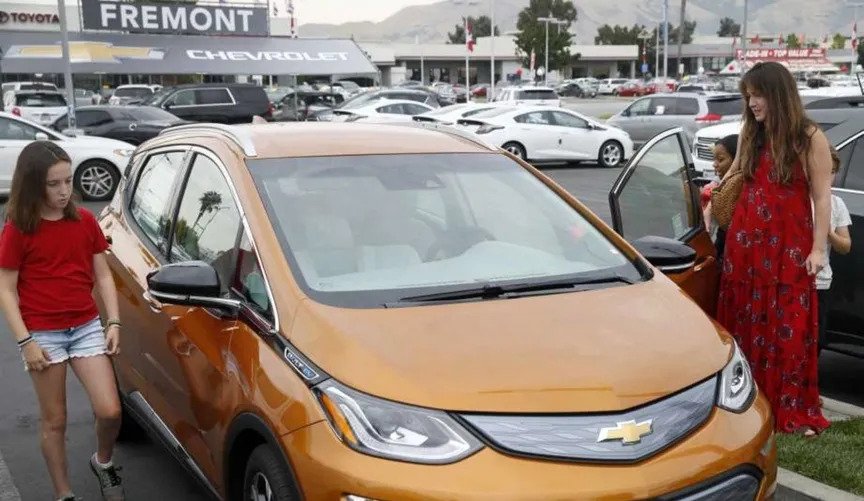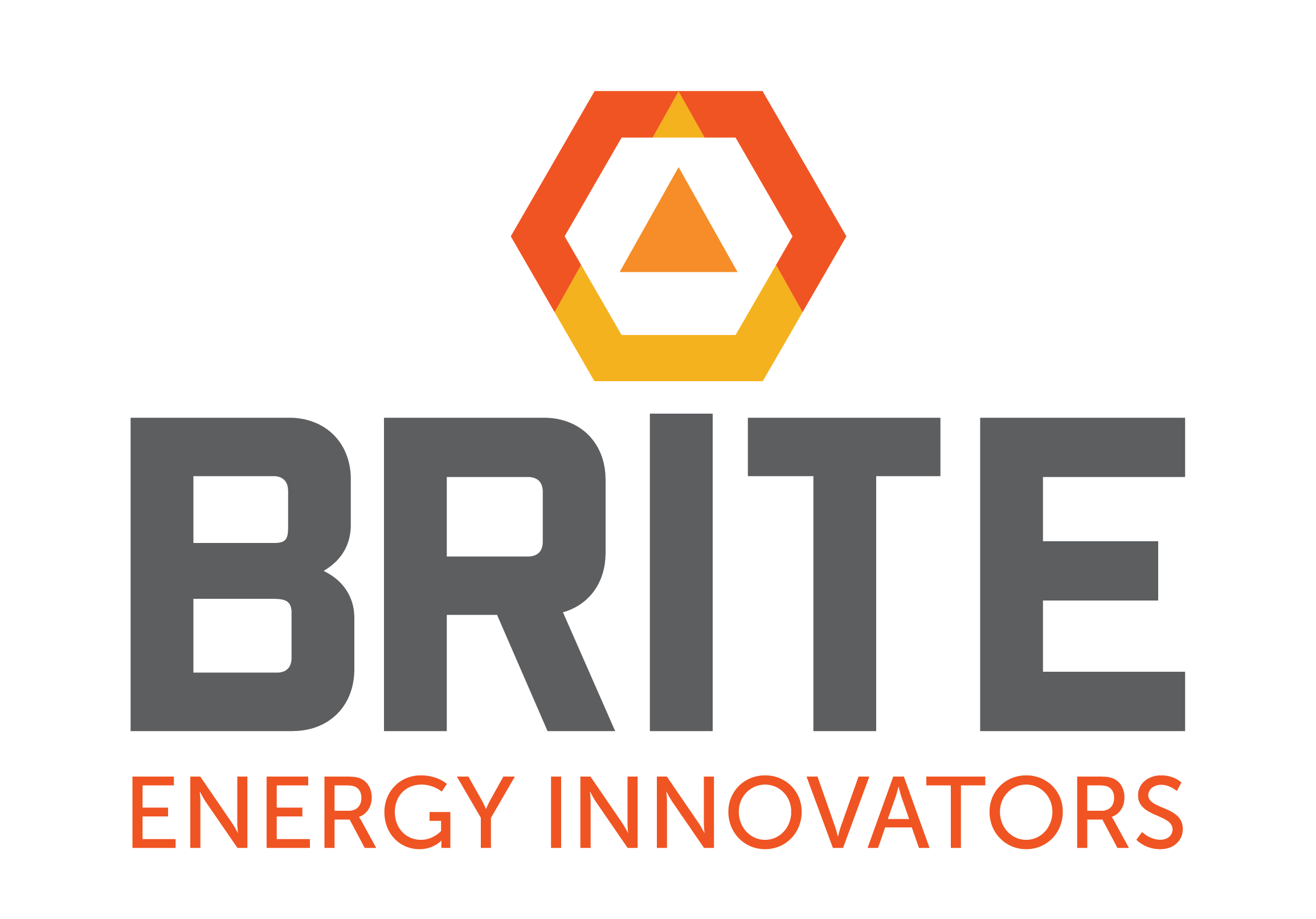Most U.S. car buyers aren’t getting a fair deal on the loans they take out to buy EVs, according to Alex Liegl, co-founder and CEO of electric-vehicle financing startup Tenet — and he’s got the data to back it up.
For example, why don’t loans take into account the federal tax credits and state and utility incentives you get when you buy an EV? That money might not reach the buyer until a year or more after the purchase, but it does make it more likely that they will keep up with their monthly payments.
EVs also cost less to fuel and maintain than gasoline-fueled vehicles, which lowers the financial burden on their owners. And if the owner defaults on the loan and the lender has to repossess the car, used EVs tend to be worth more than conventional cars with internal combustion engines — and the higher value of that collateral should be worth something as well.
Tenet’s unique take on EV loans bundles up all of these factors into a package that helps consumers by “acknowledging the unique attributes of EVs,” Liegl said. What’s been missing from the market so far is the in-depth data to back up his gut feeling that EV buyers are lower credit risks. “The more data we’re able to collect, the more efficiently we’re able to price our consumer loans, and the more savings we’re able to pass on.”
Since its 2021 founding, the Silicon Valley startup has raised an $18 million seed round of funding and signed up a number of automotive and financing partners with this premise. Last month it secured a $20 million debt facility from Silicon Valley Bank, which will allow it to “originate up to $20 million in EV loans per month,” he said.
Tenet doesn’t carry the loans on its own balance sheet, Liegl explained. Instead, it earns money from banks, credit unions, automakers, dealers and other financing partners that use its underlying data analysis to “connect the dots and align those incentives.”
The company has enabled several thousand loans so far, is active across 33 states, and is aiming to get at least 10,000 EVs financed by the end of 2023, he said. On average, these loans offer monthly payments that are about $150 less than payments on loans for EVs that are made in more conventional ways, Tenet said.
The availability of more attractive loans could play a big role in speeding EV adoption among U.S. consumers, said Nick Christian, head of specialty financing for Silicon Valley Bank. About 85 percent of U.S. car buyers finance their vehicle purchases.
Lower borrowing costs will also become increasingly important in making EVs more affordable as states like California require increasing percentages of new cars sold to be EVs and move toward bans on the sale of new gasoline-fueled vehicles starting in 2035. And as interest rates rise across the board, getting monthly loan payments down as low as possible is especially important.
Automakers’ financing units have been offering special deals for EV loans for years now, as have certain banks and credit unions, Christian said. But “they don’t underwrite any differently for EVs than they do for an internal-combustion-engine vehicle.”
In other words, these offers aren’t necessarily backed by underlying analysis of the data that might justify them, he said. Tenet, in contrast, has pulled together the relevant data on EV buyers’ ability to repay their loans and the long-term value of the asset they’re borrowing against, in a way that Christian hasn’t seen other auto lenders do yet.
“I suspect that if someone is successful, there will be copycats,” he said. “But they’re first.”
Simplifying the EV ownership experience
Tenet is working to reduce EV buyers’ costs in another way too: streamlining the process of installing EV chargers at customers’ homes. To that end, the company has teamed up with Treehouse, another Silicon Valley startup that’s built a similar data-driven approach to bundling the cost of buying and installing EV chargers at home.
Lots of automakers and dealers offer EV buyers discounts on home chargers from a variety of technology vendors. But few offer help in assessing how much it will cost to install those chargers, Treehouse CEO Eric Owski said — and none that he knows of are bundling the cost of charger installation into the loan for buying an EV, as Treehouse and Tenet plan to start doing in the first quarter of 2023.
“Most EV owners are receiving fairly poor guidance at the point of sale” about how to ready their homes for charging their new EV, Owski said. That can be a problem for homes with inadequate electrical service to support heavier charging loads or wiring that doesn’t extend to where they park their cars.
“Anecdotally, probably 10 to 20 percent of EV buyers have run into a problem they wish they’d known about beforehand” related to charging at home, he said. “For a small percentage of those, it becomes a real deal-breaker.”
Treehouse collects data from prospective customers via an online form that asks a relatively simple set of questions — home address, what type of building it is, preferred charger location, and the location and amperage of the electrical panel — and combines that information with a growing store of its own data to provide a cost estimate for the installation.
Read the article by Canary Media here.



